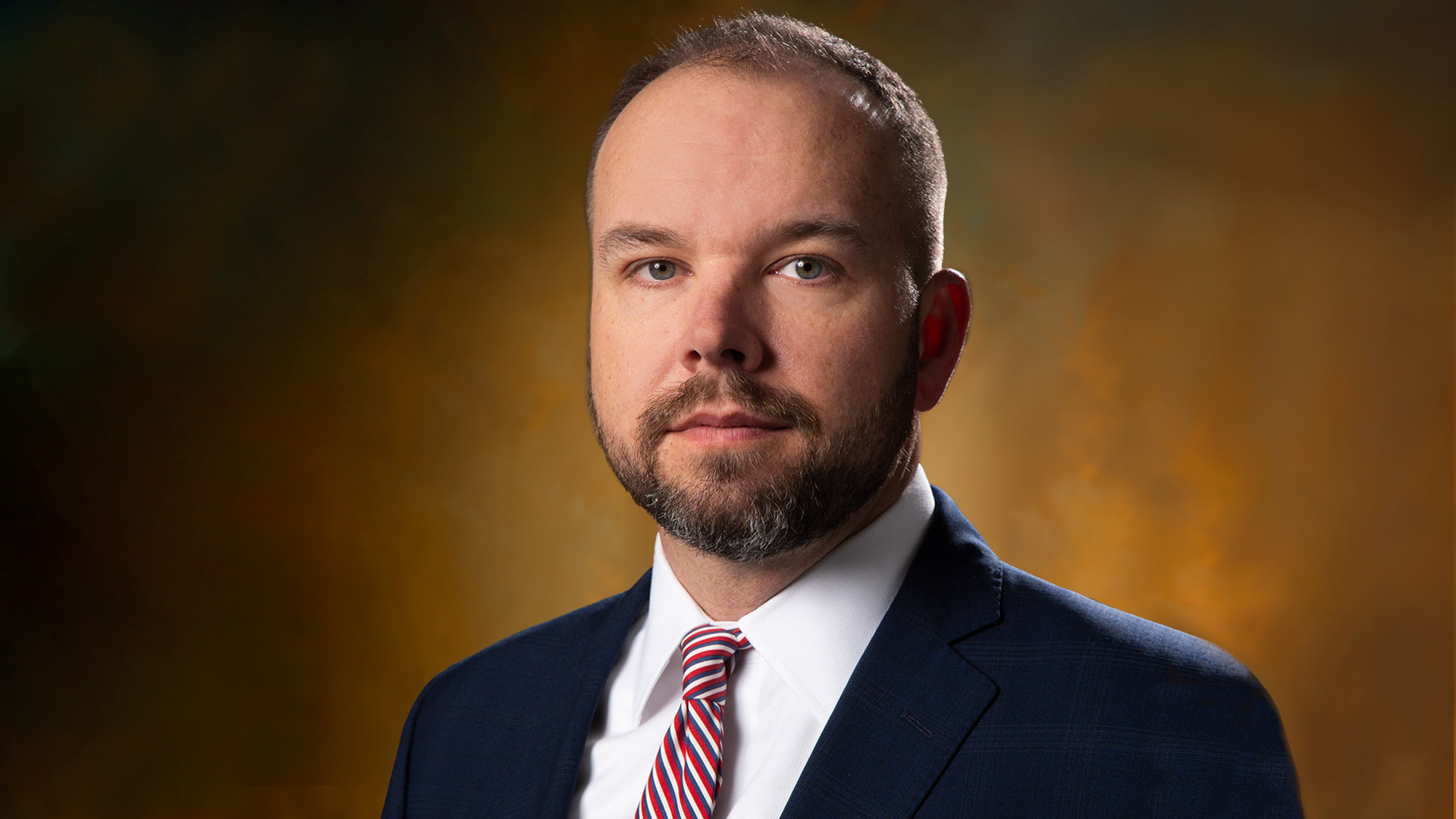
In addition to the landmark, unanimous Supreme Court ruling achieved by the NRA in the critical First Amendment case of NRA v. Vullo—which is discussed in detail elsewhere in this issue—the NRA has been extremely active in the courts defending the Second Amendment. What follows are brief accounts of just a few of the cases in which your Association is involved, along with a clarification of how the Supreme Court operates. We will continue to update you on developments in these and other important legal cases.
Amicus Brief Filed in Ninth Circuit
On June 4, NRA filed an amicus brief with the Ninth Circuit Court of Appeals in Nguyen v. Bonta.
Nguyen is a challenge to California’s law prohibiting the purchase of more than one firearm within any 30-day period.
In March of this year, the U.S. District Court for the Southern District of California held California’s one-gun-per-month restriction unconstitutional. The state then appealed that decision to the Ninth Circuit Court of Appeals.
NRA filed an amicus brief with the NinthCircuit in support of the plaintiffs and affirmance of the district court’s ruling. The brief argues that California’s law violates the Second Amendment because the right to keep and bear arms includes the right to acquire firearms, multiple gun purchases per month were common in early America and there were no historical limitations on the number of firearms that law-abiding citizens could purchase.
Delaware Permit-to-Purchase Law Challenged
On May 19, NRA-ILA announced a lawsuit challenging Delaware’s new permit-to-purchase law.
The permit-to-purchase law requires Delawareans to obtain a “Handgun Qualified Purchaser Permit” before purchasing a handgun. To obtain a permit, one must—at his or her own expense—complete an 11-part training course in addition to other requirements. A permit is valid for only two years, and to qualify for a permit, the applicant must have completed the training course within the prior five years. Moreover, if one’s permit is revoked, the law instructs law enforcement to confiscate all handguns acquired with the permit.
The lawsuit was filed on May 16, 2024, the same day Gov. John Carney signed the bill into law. The complaint alleges that the law violates the Second Amendment, Fourth Amendment and the Delaware Constitution’s right to keep and bear arms.
The case, filed in the federal district court of Delaware, is named Neuberger v. Delaware Department of Safety and Homeland Security.
NRA Files Suit Against New Mexico Waiting Period
On May 15, the NRA filed a lawsuit in federal court challenging New Mexico’s recently enacted waiting-period requirement on firearm purchases. NRA-ILA Executive Director Randy Kozuch stated:
“The NRA fights every day in Washington, D.C., state capitals and, when necessary, the legal arena, to protect the constitutional freedoms of law-abiding Americans and NRA members. The state of New Mexico’s waiting-period law is a clear violation of its citizens’ Second Amendment rights—needlessly delaying their ability to acquire a firearm for self-defense or sporting purposes. With this legal challenge, NRA is committed to seeing that this unconstitutional law is wiped from the state statutes.”
New Mexico’s mandatory waiting period law, HB 129, was passed, then signed into law by Gov. Michelle Lujan Grisham during the 2024 30-day legislative session. HB 129 mandates a seven-calendar-day waiting period on all firearm purchases, including for buyers who pass a NICS check, with limited exceptions.
Denial Of Certiorari Is Not A Final Ruling
On May 20, the United States Supreme Court denied certiorari (cert.) in Bianchi v. Brown, a challenge to Maryland’s ban on “assault weapons.”
This denial, understandably, has many gun owners concerned that the Supreme Court is letting a broad ban on firearms stand in Maryland, but denying cert. in a case is not a ruling on the merits of that case, and is not an endorsement of a lower court’s ruling. Writing for the majority in Maryland v. Baltimore Radio Show (1950), Justice Felix Frankfurter stated:
“Inasmuch, therefore, as all that a denial of a petition for a writ of certiorari means is that fewer than four members of the Court thought it should be granted, this Court has rigorously insisted that such a denial carries with it no implication whatever regarding the Court’s views on the merits of a case which it has declined to review. The Court has said this again and again; again and again the admonition has to be repeated.”
Although this case may have been denied cert., other challenges to gun bans remain under consideration by the Court as we go to press.
While the path to Supreme Court review in a case is long and sometimes convoluted, gun owners should not be dissuaded by attempts to characterize mere denials of cert. as a substantive decision by the Court.


































